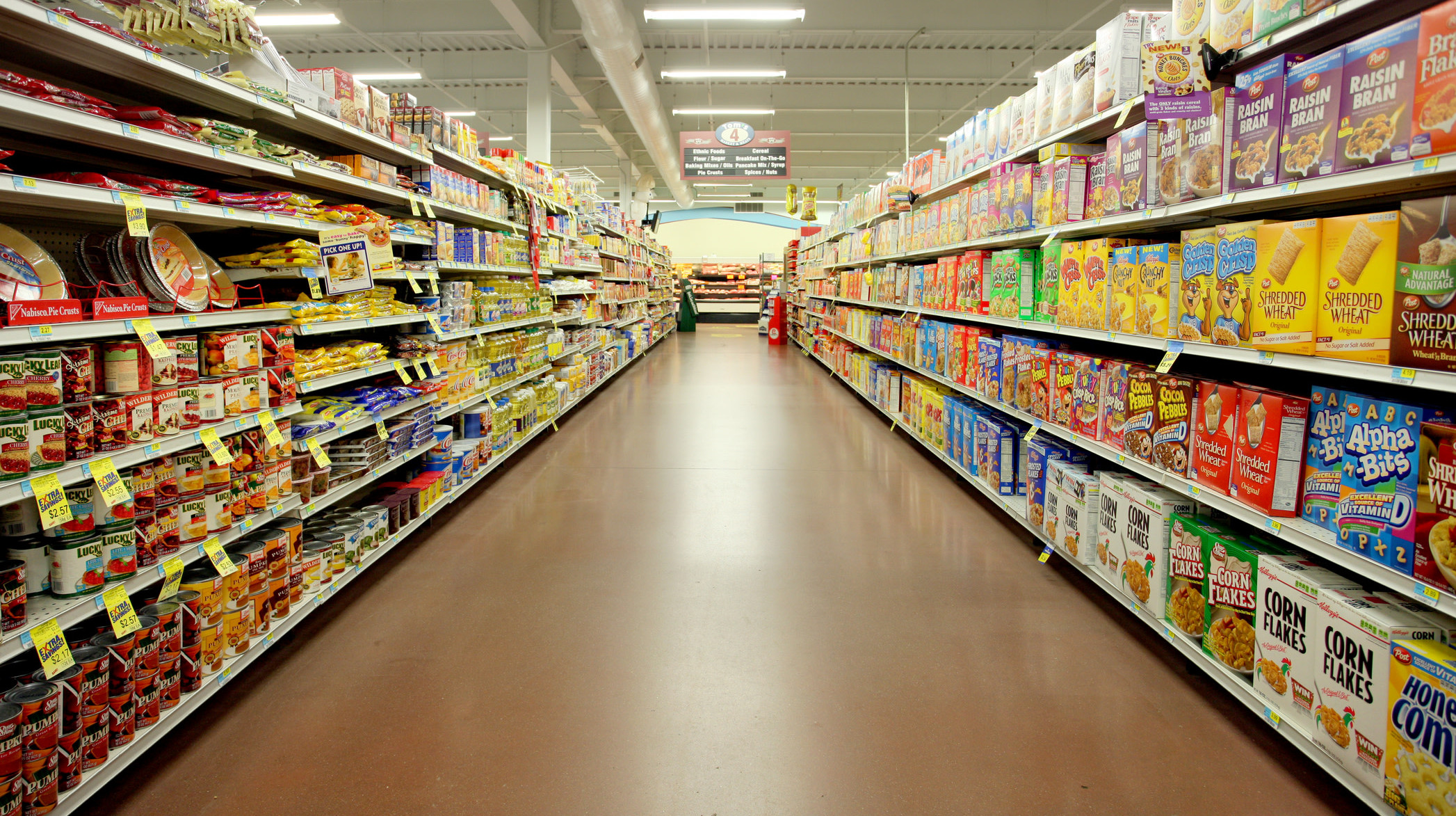Grocery Stores Are Getting Ready For The Holiday Rush and The Pandemic's Second Wave
On a recent trip to Target, I was only slightly surprised to find that there was not a single roll of paper towels left in the whole store. Signage indicating the shortage, as well as a strict one-roll-per-customer limit, had been knocked off shelves and fallen to the ground. It's a reminder that supply chain disruptions often have ripple effects that can last not just weeks, but months.
The Wall Street Journal reported this week on the ongoing shortages of things like paper towels and Clorox antibacterial wipes, items that consumers began hoarding in March of this year and continue to buy in bulk whenever and wherever such items can be found. The issue is so pervasive that Clorox has said the shortages are likely to last until 2021, despite the company increasing production to keep up with demand.
Grocery stores are trying to stay one step ahead of demand for popular products by stockpiling goods in preparation of a second wave of coronavirus. If COVID-19 cases spike this fall and winter, it's likely that buyers will start prepping for heightened quarantine restrictions once again, and grocers want to be ready. Not only that, but there's the usual holiday rush to contend with.
"We started talking about Thanksgiving in June. That's earlier than we ever have," United Natural Foods president Chris Testa told the WSJ. What are they stockpiling? Cranberry sauce, cold medicine, and herbal tea.
Other stores, meanwhile, are thinking ahead by keeping "pandemic pallets" in their warehouses, which are filled with supplies of the essentials so that there's always at least a minimum to work from. Food staples like pasta sauce will be less likely to run out with a system like this, which allows supermarkets to think months ahead rather than mere weeks.
Canned vegetables, WSJ notes, are still harder for stores to acquire and stockpile on their pandemic pallets. That's because demand for those items hasn't really ever decreased after the initial surge back in March; people are still cooking at home a lot more and unable to go to restaurants as often as they once did, and it takes a lot for an entire manufacturing sector to keep up that level of production. (Especially when an outbreak of COVID-19 could shut down or otherwise debilitate the production line.) Ultimately, though, grocery stores are thinking farther ahead than they ever have, and that can only be a good thing as the pandemic wears on.
"We will never again operate our business as unprepared for something like this," Darin Peirce of Associated Food Stores told WSJ.
